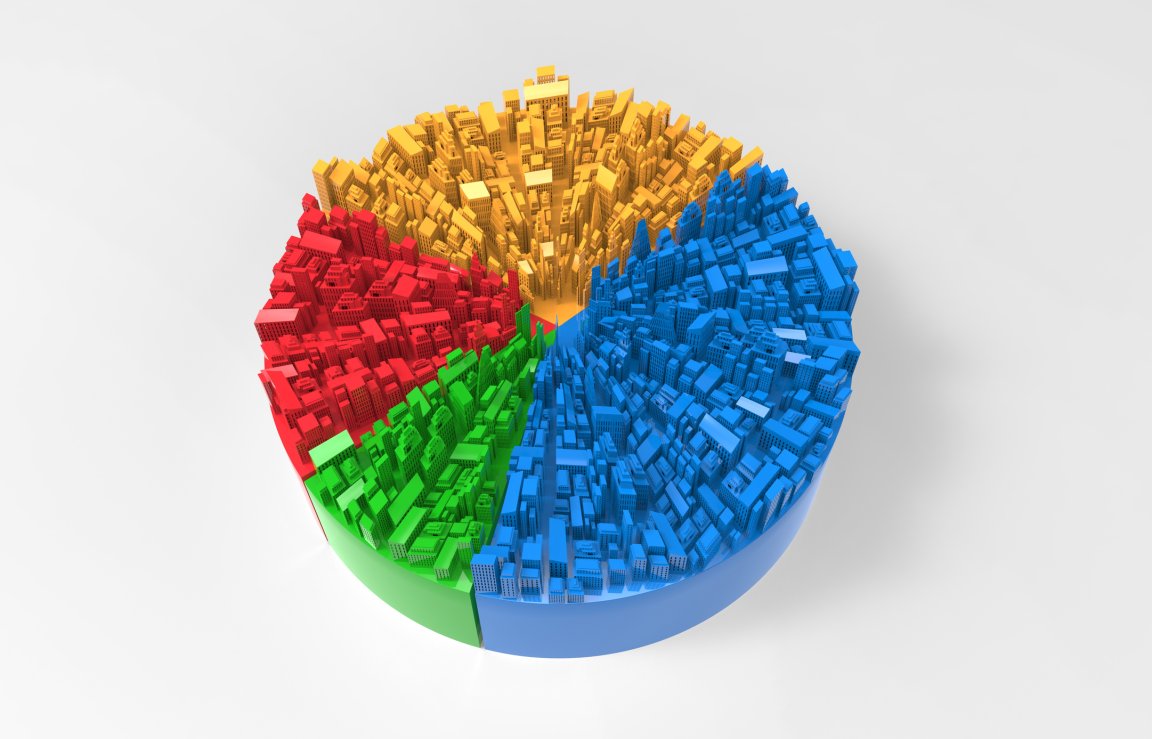
By the People
Technology has the potential to radically change how elected officials perform their duties, and at least one political candidate thinks now’s the time to take advantage of that potential. If Camilo Casas is elected to the city council in Boulder, Colorado, this November, he promises he will not make any decision by himself. Instead, he plans to put that power in the hands of the people via a liquid democracy app called Parti.Vote.
Casas built the app himself, and as he explained to Motherboard, he designed it to facilitate a liquid democracy. The idea is that instead of simply hoping their elected representatives support their stance on issues, citizens will be empowered to directly affect policy-making by voting through the app.

If Casas were to be elected, citizens of Boulder would sign up for the app online, with Casas’ team vetting each person to prevent fraud. Casas would then vote according to how the people in the community did through the app. For example, if more than 50 percent voted “yes” on an issue or policy, Casas would vote the same way, regardless of his personal stance on the issue. Only when the citizen votes resulted in a tie would he be forced to decide based on his own beliefs.
Casas’ hope is that by effectively handing over his power as an elected official to an app, he’ll be able to create a liquid democracy that is more equitable than the representative one we currently have in the U.S. “I personally am convinced that when you have to lobby a constituency rather than an elected office you will on average get more democratic and consensual outcomes,” he told Motherboard.
For the People?
The idea of using technology to empower voters to directly influence policy has its appeal. If he is elected, Casas’ vote would actually represent the will of the people — the ideal outcome for a democratic system but one that was impractical in the pre-internet world. Democracy would get a more transparent tinge, and citizens could become more invested in policy-making knowing they have the ability to directly influence it.
However, Casas’ proposal isn’t without its risks. For one, technologically savvy citizens could be overrepresented as their smartphone-lacking counterparts metaphorically stay home from the polls. As with anything digital, the possibility of hacking or fraud must also be taken into account.
Still, Casas is convinced that Parti.Vote represents a step in the right direction. “We’re not trying to build the perfect system of democratic participation,” he explained. “We’re trying to improve the system we have.”

He isn’t alone in his belief that we should use technology to create a liquid democracy. The makers of the Sovereign app propose using blockchain to give people a direct say on important issues, while a candidate for New York City’s public advocate post wants to rely on an app called NYSpeaks to solicit direct feedback. Meanwhile, another blockchain-based app called Flux supported 13 candidates in Australia’s 2016 federal elections.
While Casas admits that a win in November is “rather unlikely,” he is drawing attention to an important issue simply by running: We have the technology to improve our political system. Isn’t it time we try using it?
Disclosure: Several members of the Futurism team, including the editors of this piece, are personal investors in a number of cryptocurrency markets. Their personal investment perspectives have no impact on editorial content.